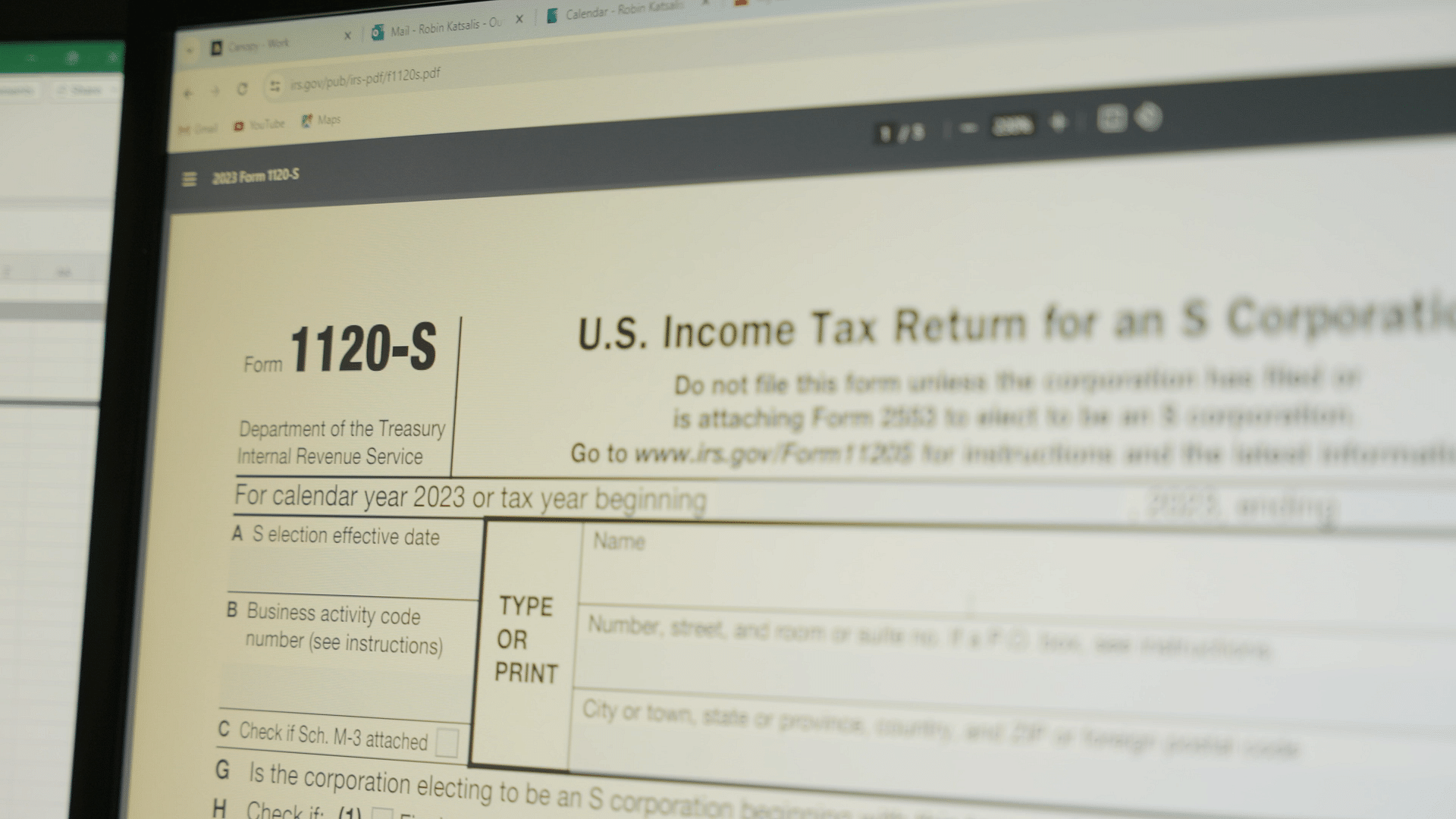
Really Small Businesses - Trends Do Not Lie
Feb 15th, 2016
Own a really small business? Guess what? You're trending! We've known for a long time that small business is the backbone of the U.S. economy. What you may not know is that small business ownership is trending downward and has been since the 2009 recession. What have been experiencing a great uptick are micro-small businesses, those small businesses with less than 10 employees.
Growing at a more substantial pace than their larger small business siblings, microbusinesses increased at 3.6 percent from 2014 to 2015 according to a report by the Kauffman Foundation's latest survey of main street entrepreneurship. The report, typically focused on startups, shifted its attention to businesses that have been in existence for five years or more and have less than 50 employees. According to Kauffman, these businesses make up about two-thirds of all enterprises in the U.S.
A separate survey of small business owners by Bank of America found that "small business owners not only anticipate a healthier economy and also report plans to grow their businesses and to hire more employees over the next 12 months, all at a much higher rate than in recent years." According to the report, one in three (33 percent) small business owners said that they were intending to apply for a loan in 2016. But while optimism and growth is in the forefront of small business owner's minds, there is also some concerns. Among the greatest concerns are the rise in healthcare costs and the upcoming presidential election in 2016. While there's potential for an increase in the national minimum wage many businesses reported little concern for this over other more pressing and looming issues.
There are benefits of remaining a micro-small business over targeting larger and faster growth in becoming a traditional small to medium sized business.
Less Risk - Micro-small businesses by their nature have smaller financial statements and contain less risk than employing more individuals and carrying greater debt. If the business fails, there's less to lose and still a tremendous amount of experience to be gained.
Faster Growth - Conversely, micro businesses can rise exponentially faster than their larger counterparts. Many of today's great business 'unicorns' including UBER, Facebook, and Zenefits, those businesses that have sky rocketed to near galactic valuations in just a few short years all once started as micro businesses in someone's home office.
Size is an advantage. Because you are independently owned and operated, you can make quick decision with no board of directors or other stockholders to answer to. You can also hire strategically, and most importantly, negotiate deals and contracts that are strictly in your business' best interests.
Now, if you're ready to start a small business, there's no time like the present to start planning.
Less overhead makes opening a business a snap. Because starting a new business today can be done with the internet and very little initial capital, small business tax, and accounting services. It's very easy to be operational before you've even taken the preliminary steps. It's very easy to be operational before you've even taken the preliminary steps.
You'll want to register your business with your state's small business registry. If you're using any name other than your given name, you'll need to register a 'Doing Business As" (DBA) name as well. There are a few states and instances where you don't have to register a factitious business name, but double check with your county clerk's office or state government for specific requirements.
Obtain licenses or permits. Depending on the type of small business you want to open, certain licenses or permits, such as liquor or firearms, will be required. Do not, under any circumstances open your doors without obtaining the proper licensing first. There are several key areas which require licensing and/or permits. These include but are not limited to:
Agriculture - Import, sale or transportation of animals, biotechnology or plants across state lines will require permits and licensing by the U.S. Department of Agriculture.
Alcoholic Beverages - if you manufacture, wholesale or import alcoholic beverages you will need to register your business with the U.S. Treasury's Alcohol Tobacco and Trade Bureau (TTB).
Aviation - Aircraft, aircraft maintenance or transportation of goods or people via aircraft requires licenses and certificates from the Federal Aviation Administration (FAA).
Firearms, Ammunition and Explosives - Businesses who manufacture, deal and import firearms, ammunitions and explosives must comply with the Gun Control Act's licensing requirements. These rules and regulations are administered and governed by the Bureau of Alcohol, Tobacco, Firearms and Explosives (ATF).
Transportation and Logistics - If your business uses oversized or overweight vehicles, you'll want to contact the U.S. Department of Transportation and your state government for permits.
Financial Planning. Just because starting a small business may be easy, it doesn't mean that turning the business profitable will be. Write an initial business plan and include forecasts for sales and how you'll be able to pull a salary from the business in the coming years. If you need assistance, you can visit the Small Business Administration for additional tips.
If you found this article useful, please do not keep this a secret. Share it with a friend.
Copyright 2015 by Steven A Feinberg (@CPAsteve) of Appletree Business Services LLC, a PASBA member accountant, located in Londonderry, New Hampshire.


Let’s Help Eliminate Your Stress
If you choose Appletree Business Services for your bookkeeping, payroll or tax needs, you’ll find that good things begin to happen in your business. Your common financial challenges will become simple with a clear map to create your ideal situation. More than that, we’ll identify your “typical” stresses and help make them go away.